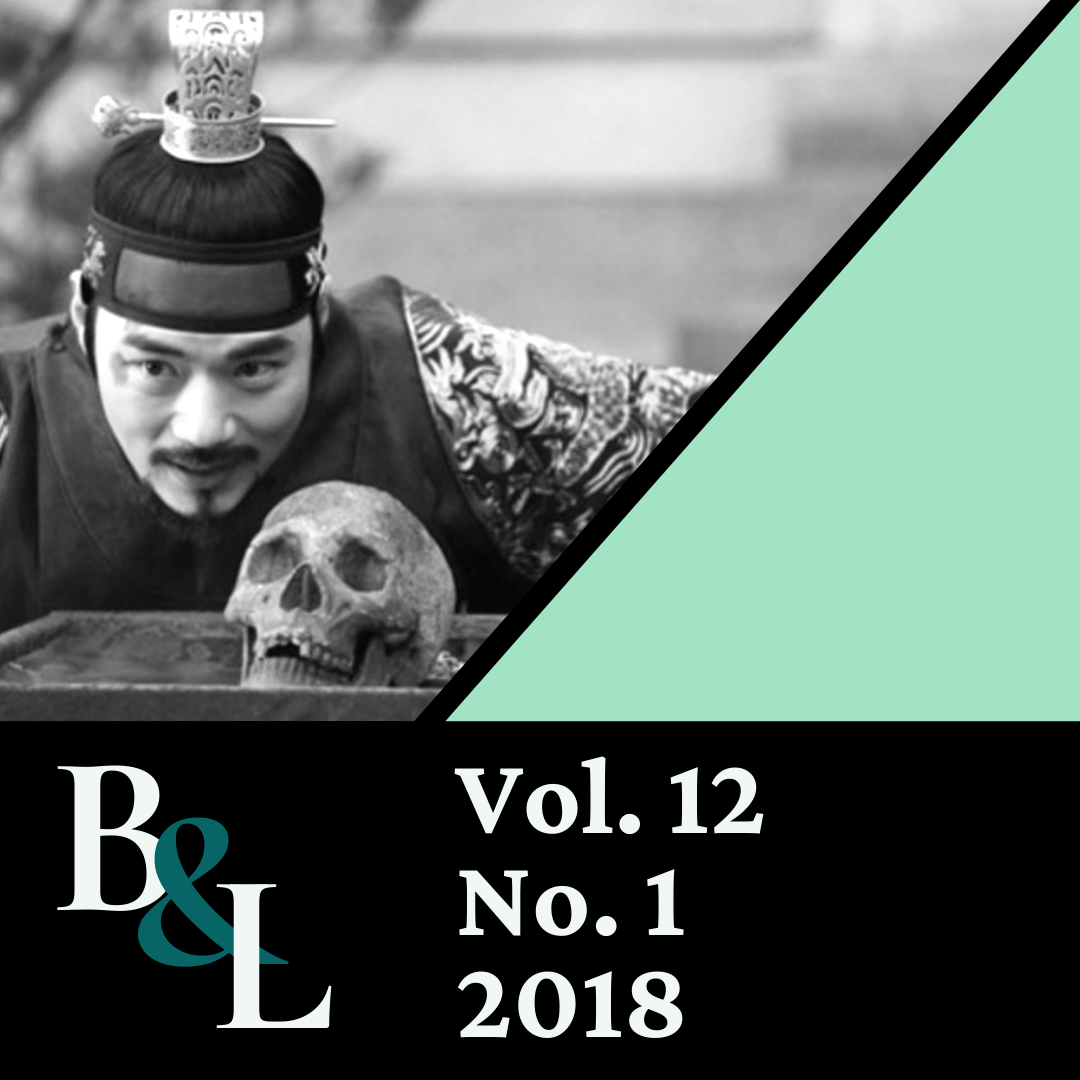"Da quando ho conosciuto l'arte, 'sta cella è diventata 'na prigione"
Cesare deve morire and the Unsettling Self-(Re-)Fashioning Power of Theater
Abstract
As uplifting as it is unsettling, Paolo and Vittorio Taviani's Cesare deve morire (2012) is one of the most peculiar and engaging Shakespearian adaptations of the past few years. A drama-documentary chronicling the staging of Julius Caesar by the inmates of the maximum-security wing of the Rebibbia prison in Rome, Cesare deve morire explores a wide range of thought-provoking issues. As an adaptation, it is especially interesting for the directors' unusual choice to have each actor "translate" his lines into his own dialect, which enriches Shakespeare's text with new layers of meaning, in that each dialect both carries geographic-specific cultural traits and evokes conscious and unconscious associations in the viewers' imagination. The use of dialect is also decisive in creating a bridge between the events in Julius Caesar and the inmates' first-hand experience of criminal life, which endows their performance with profound intensity. This article notably focuses on the ultimate consequences brought about on the convicts' perception of their own lives and selves by their intimate encounter with art. Specifically, the rehabilitative and regenerating function of theater seems simultaneously to carry disturbing retributive overtones, since this reawakening contact with art leads some of the inmates fully to realize the extent of what they have lost.


